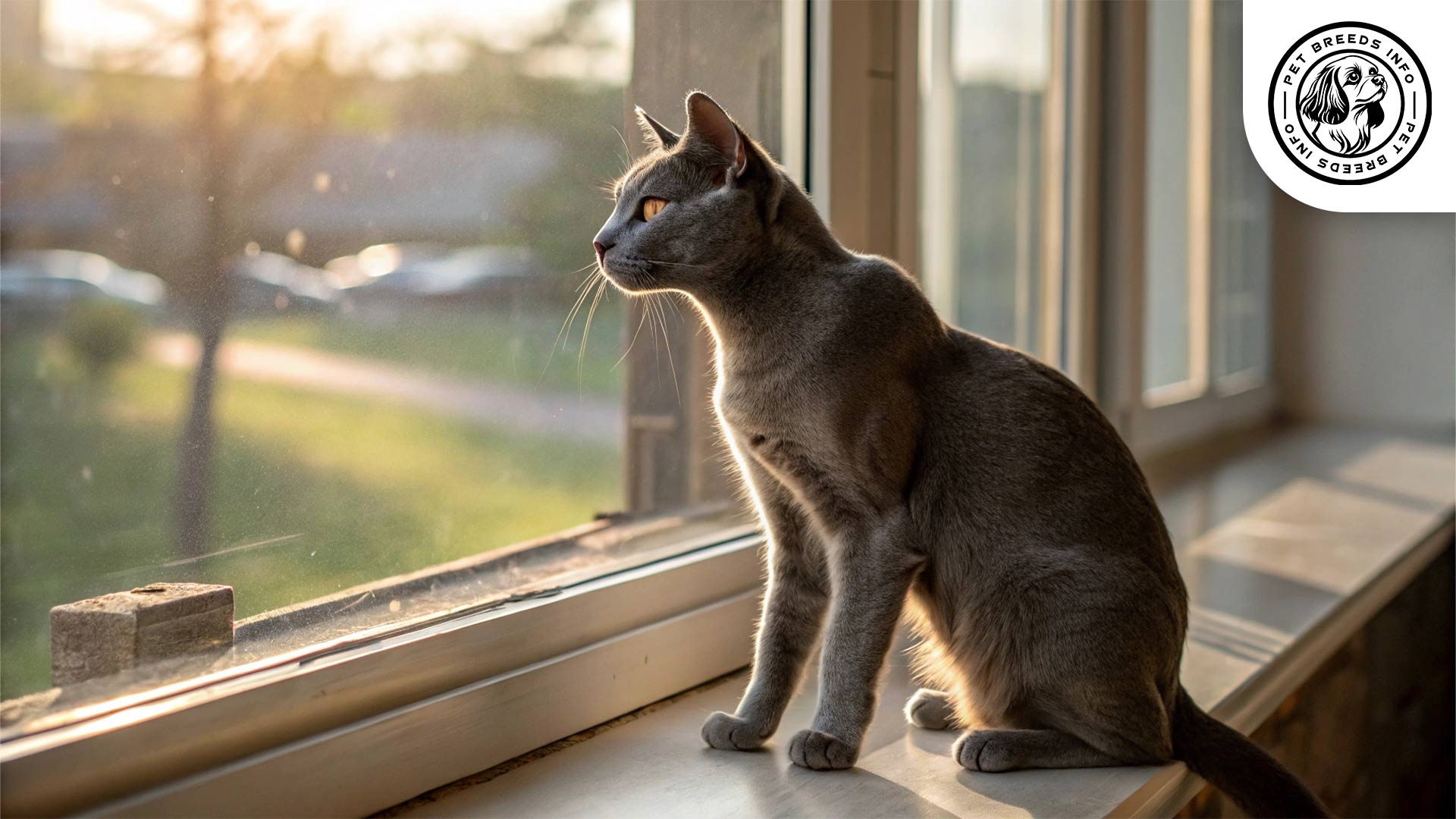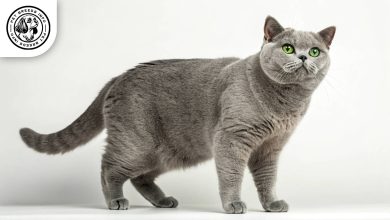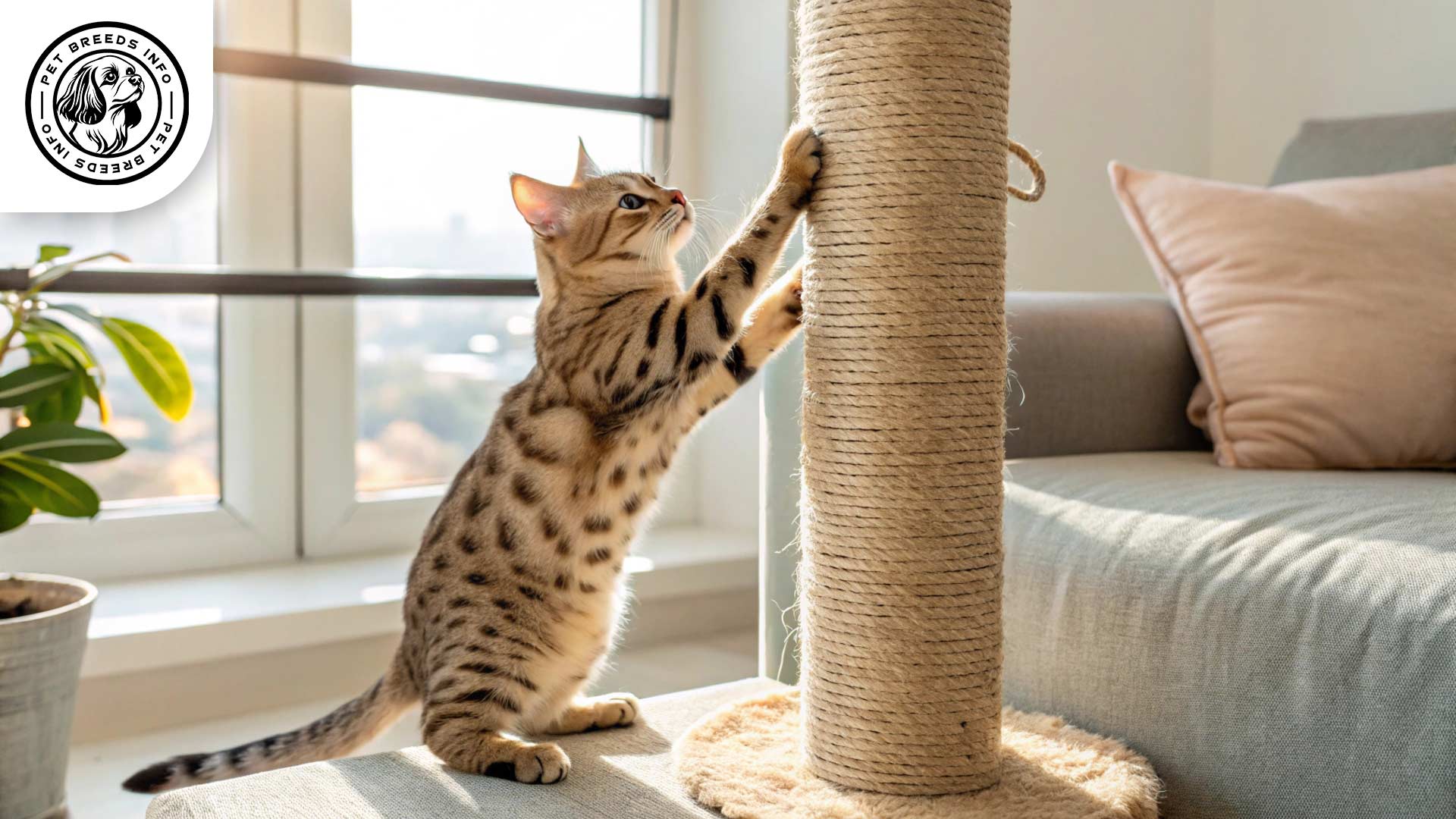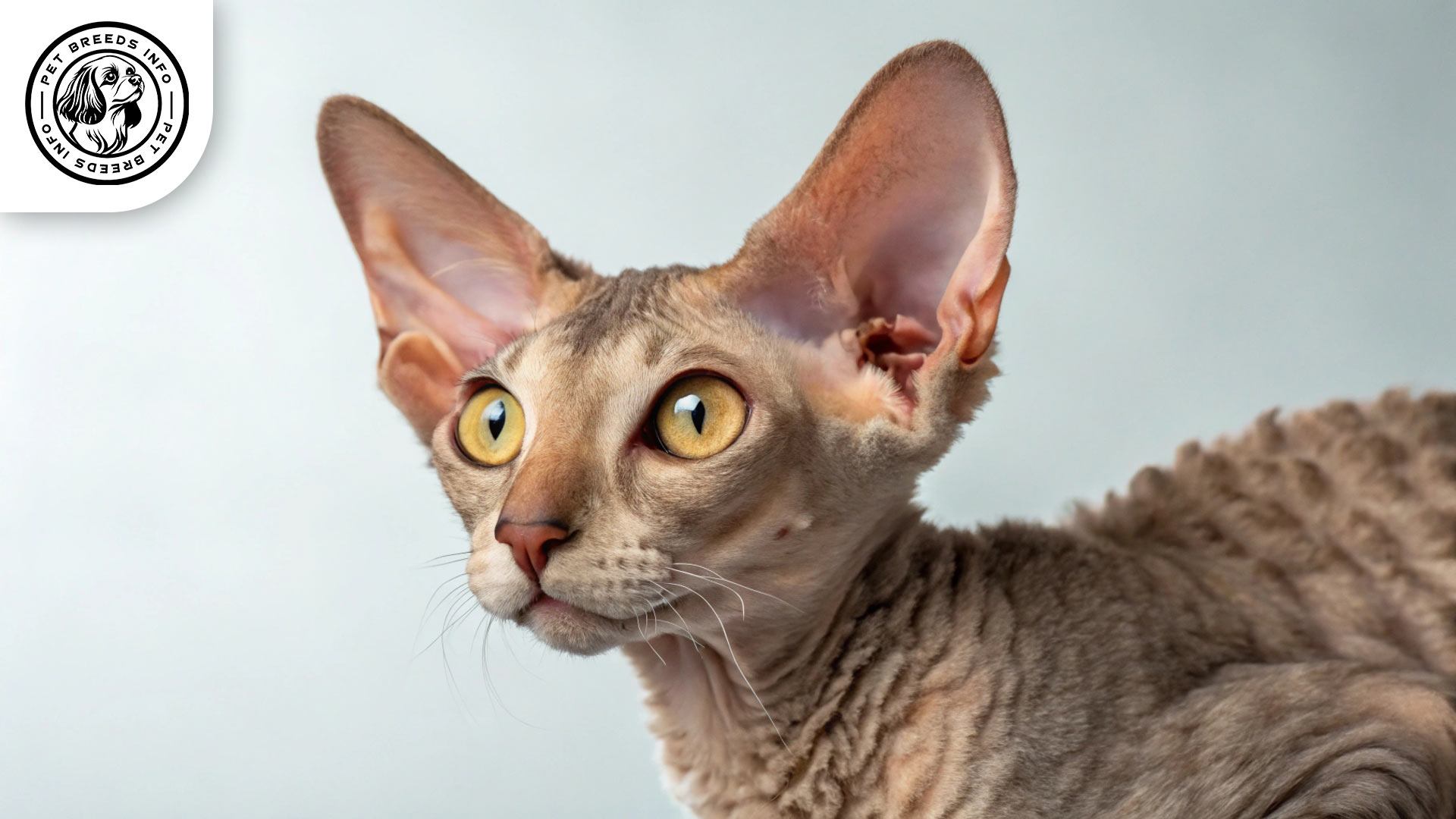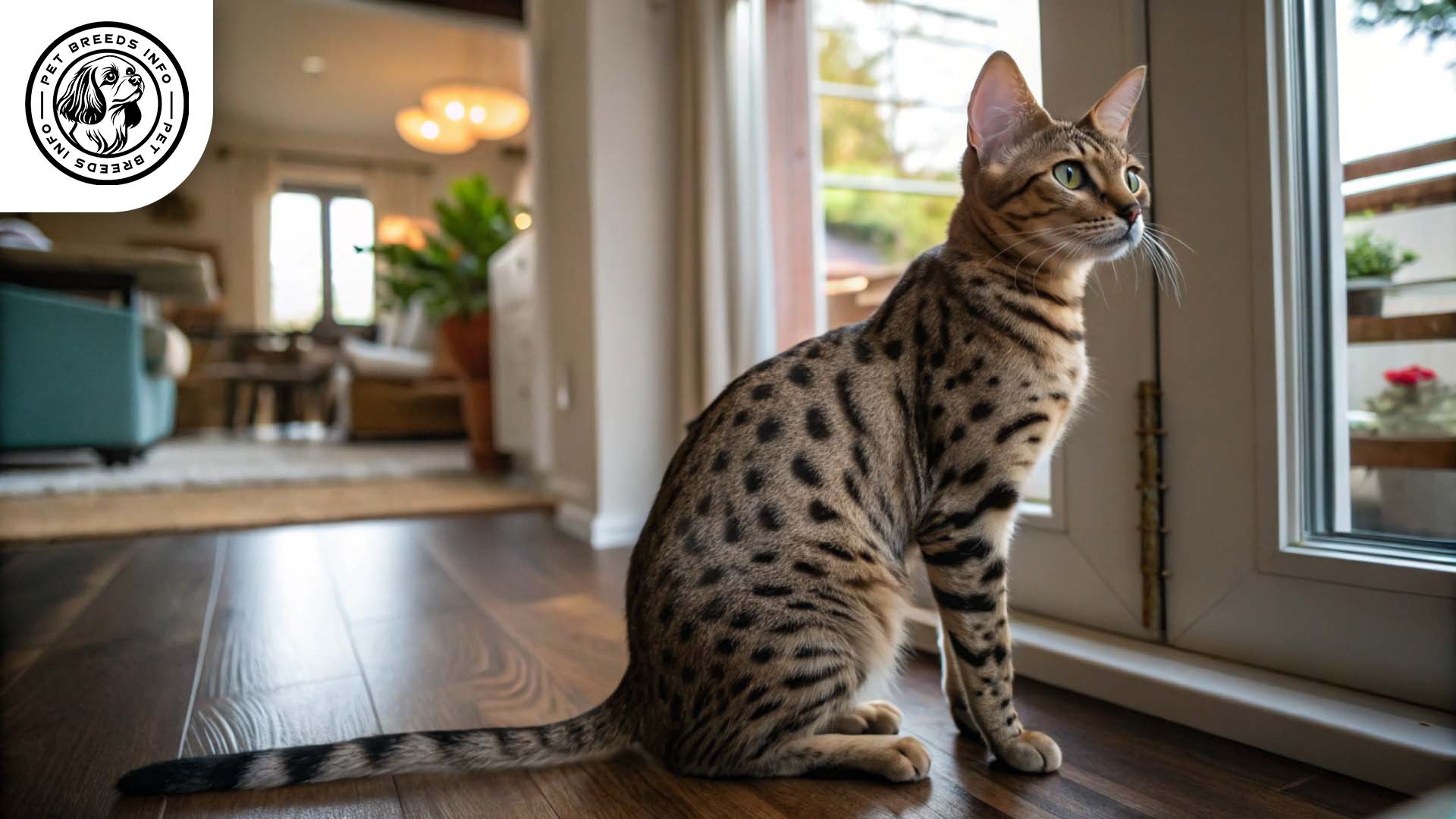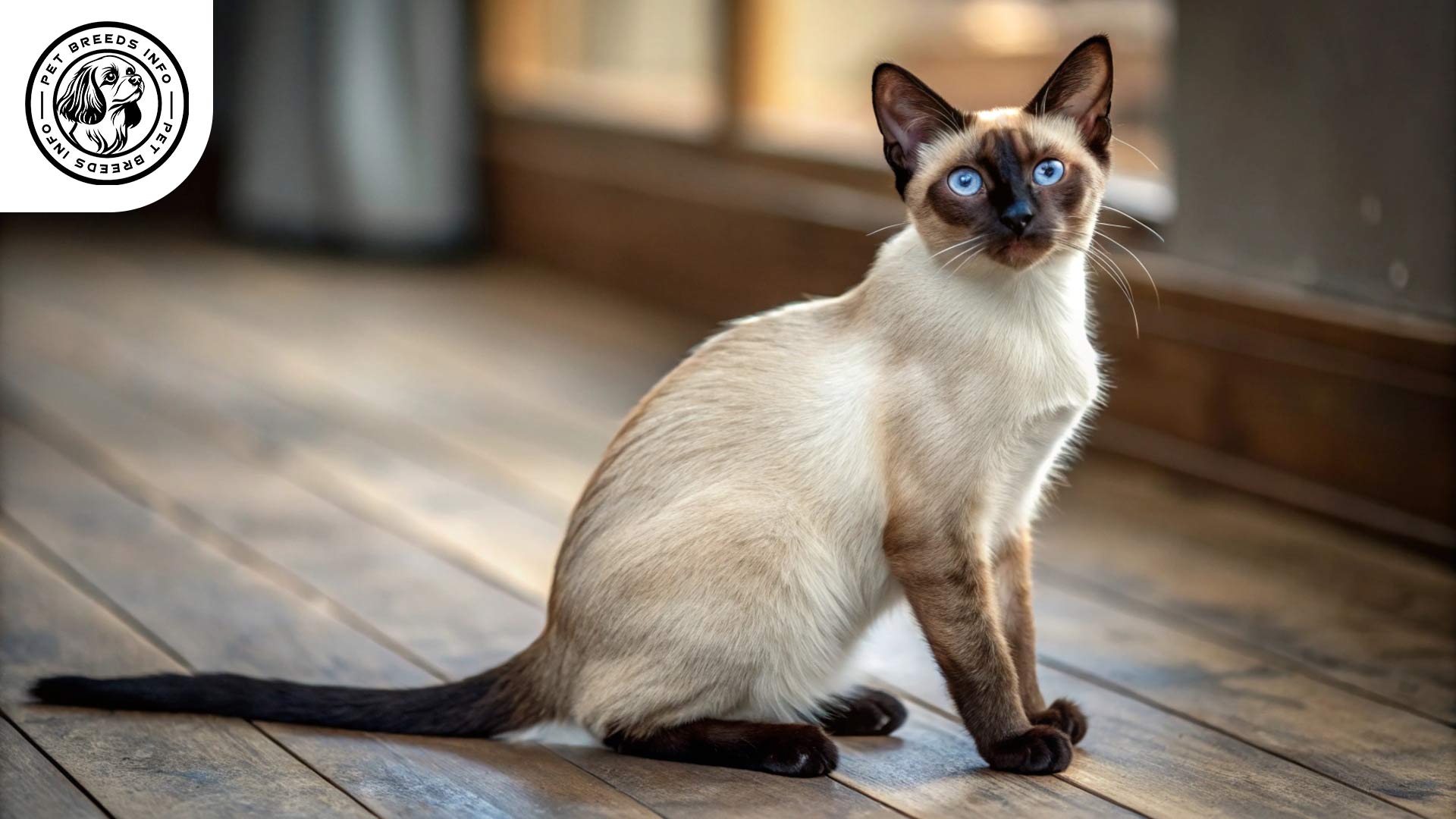Korat Cat Breed: Size, Health, Price & Personality
General Introduction of the Breed
The Korat, also known as แมวโคราช in Thai, is a rare and ancient cat breed originating from Thailand. It is sometimes referred to as the “Good Luck Cat” due to its significance in Thai culture. Records of the Korat date back to the 14th century, where they were mentioned in the “Tamra Maew,” an ancient Thai manuscript detailing various cat breeds. Traditionally, Korats were given as gifts for prosperity, particularly to newlyweds.
Korat: Rare Thai breed with a silver-blue coat, affectionate and intelligent, thrives in calm homes with playtime.Quick Overview
Affectionate - 90%
Independent - 60%
Intelligent - 95%
Sociable - 85%
Vocal - 50%
Shedding - 30%
Energetic - 80%
70%
100
| Common Name | Korat |
| Scientific Name | Felis catus |
| Origin | Thailand |
| Size | Medium; Males: 8-10 lbs, Females: 6-8 lbs |
| Lifespan | 12-15 years, potentially longer with proper care |
| Talking Ability | Moderate; Korats are not overly vocal but may meow to communicate or seek attention |
| Colors | Silver-blue coat with a shimmering effect, no other recognized variations |
| Noise Level | Low to moderate; sensitive to loud noises, prefers calm environments |
| Social Behavior | Affectionate, social, bonds strongly with owners, cautious with strangers, good with gentle children and other pets if introduced properly |
Table of Contents
Physical Characteristics
Korats are medium-sized cats with a muscular and compact build. Males typically weigh between 8-10 pounds, while females weigh around 6-8 pounds. The breed is known for its short, single-layered coat, which has a distinctive silver-blue appearance. There are no other recognized color variations. Their large, round, and expressive green or amber eyes are a signature feature. Kittens are often born with blue eyes that change to their final color as they mature. Korats have large, prominent ears with rounded tips and a broad base. Their tails are medium in length with a slightly tapered end. One of their most distinctive traits is their heart-shaped face, which becomes more defined as they grow. Their noses have a slight downward curve at the tip, adding to their unique appearance.
Read More: Cornish Rex Cat
Personality and Temperament
Korats are highly intelligent and quick learners, making them easy to train for tricks and commands. They have a strong memory and can recognize familiar faces and sounds. These cats have a moderate to high energy level, enjoying play sessions and interactive toys. They require daily mental and physical stimulation. Korats form strong bonds with their owners and seek companionship. They can be quite affectionate and often follow their owners around the house. They are social cats that enjoy human interaction and can do well with children and other pets if introduced properly. However, they may be wary of strangers at first. Korats retain their playful nature into adulthood. Their natural hunting instincts make them enjoy chasing games and puzzle toys. They are sensitive to their surroundings and may react to loud noises or sudden environmental changes. A stable and calm household is ideal for this breed.
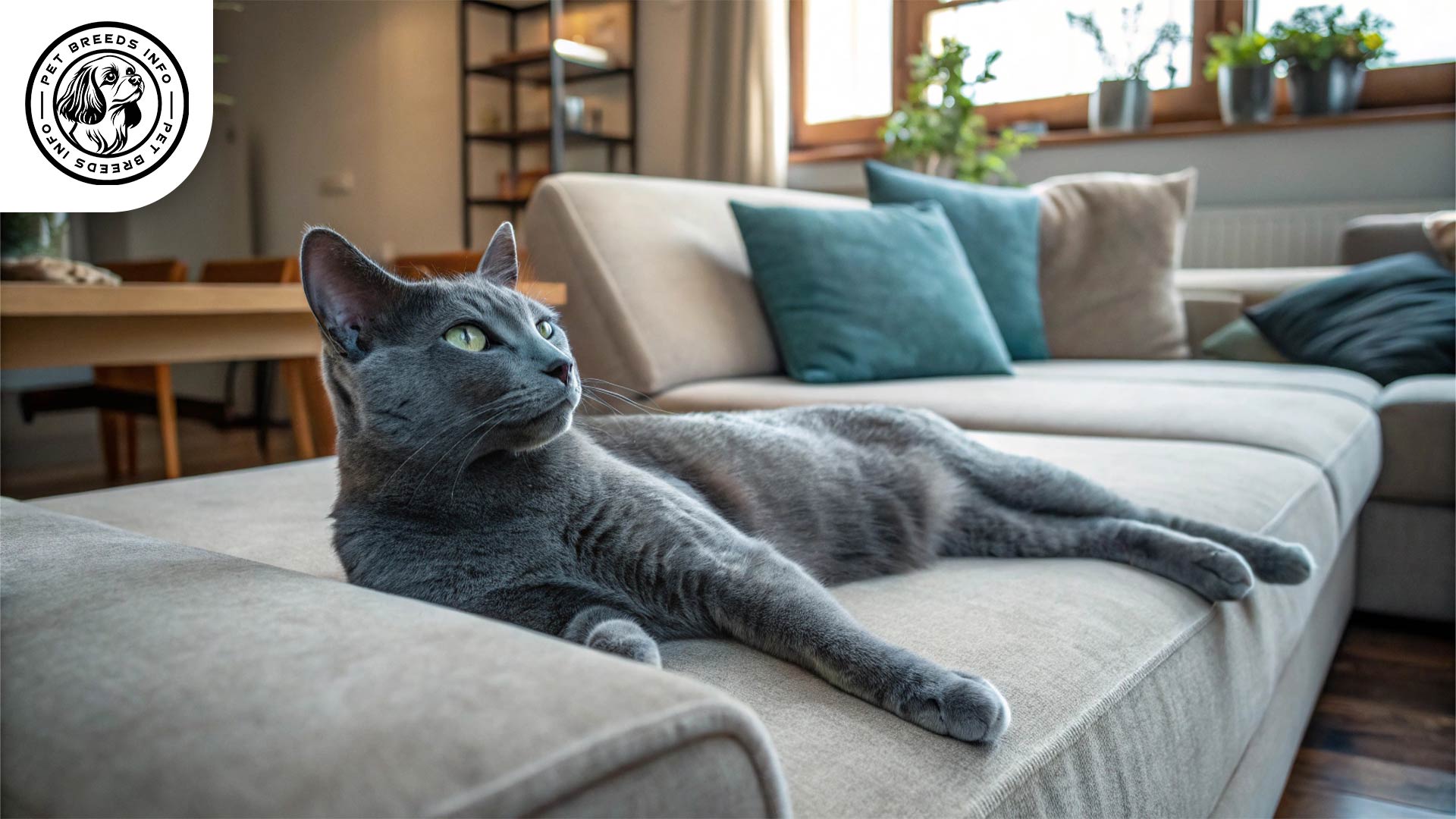
Care and Maintenance Requirements
Korats are active cats and need regular playtime to keep them engaged. Interactive toys and climbing structures can help satisfy their activity needs. They adapt well to apartment living but enjoy having access to vertical spaces like cat trees or shelves. A stimulating indoor environment is crucial. Korats have a low-maintenance coat that does not shed excessively. Brushing them once a week is usually sufficient to keep their coat smooth and shiny. They are sensitive to cold temperatures due to their short coat, so a warm and cozy indoor environment is recommended. Basic hygiene practices like nail trimming, ear cleaning, and dental care should be maintained. Routine check-ups help keep them in optimal health.
Diet and Nutrition
A high-protein diet with quality wet or dry cat food is ideal for Korats. Some owners also provide a raw diet under veterinary guidance. They do not have breed-specific dietary restrictions, but maintaining a balanced and nutritious diet is essential for their health. Foods like chocolate, onions, garlic, and bones should be strictly avoided. Portion control is important to prevent obesity. Adult Korats typically require two balanced meals per day.
Read More: Kurilian Bobtail Cat
Health and Common Medical Issues
Korats are generally a healthy breed but may be prone to genetic conditions such as gangliosidosis, a neurological disorder, which responsible breeders test for. They have a lifespan of 12-15 years, but with proper care, some can live even longer. Regular veterinary check-ups, vaccinations, and parasite prevention are necessary to maintain their health.
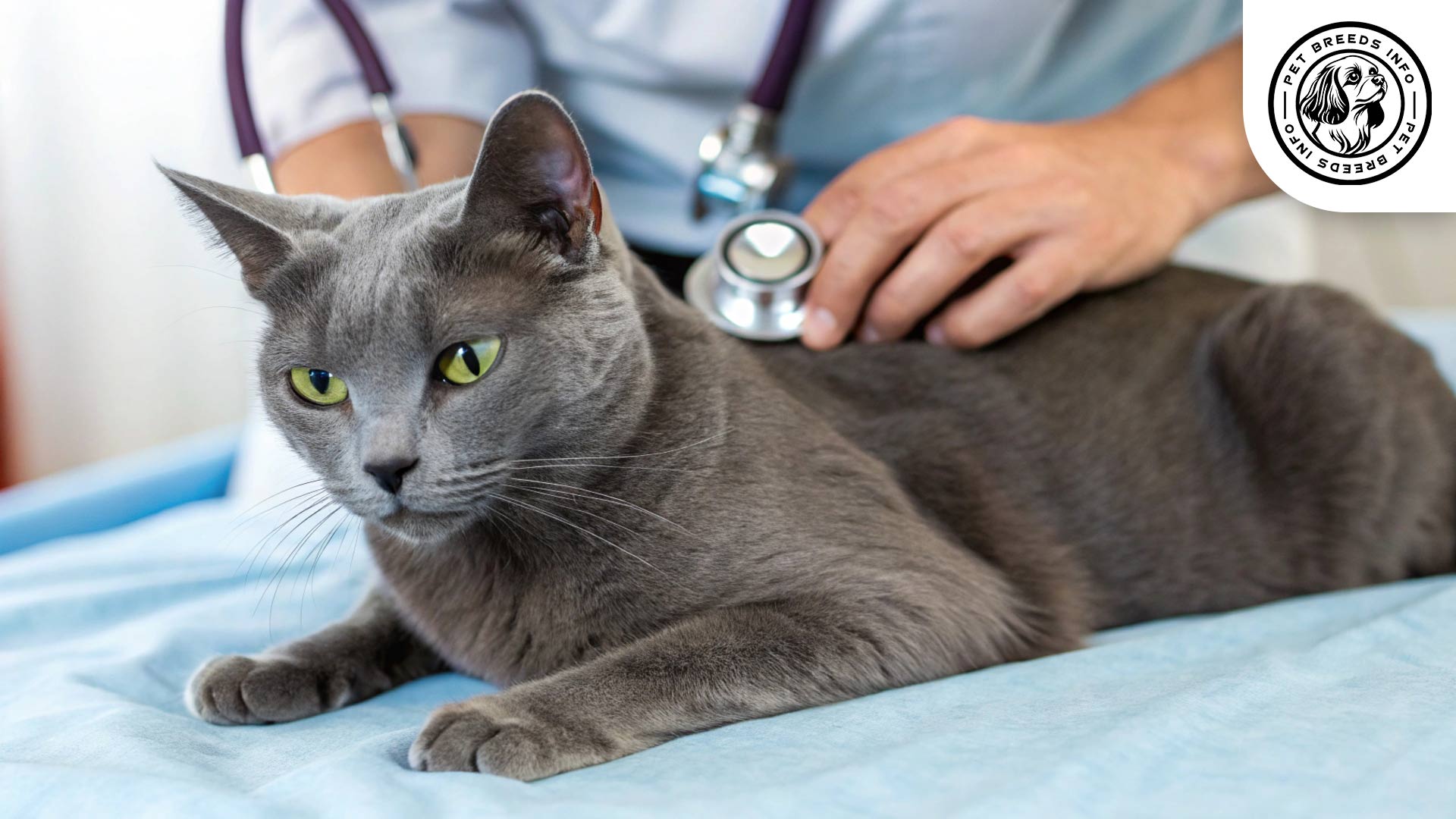
Training and Behavior Management
Korats are intelligent and can be trained easily using positive reinforcement techniques. Early socialization and exposure to different environments help prevent shyness or anxiety. Consistency and patience are key when training them. They respond well to treats, praise, and engaging playtime.
Interaction with Other Animals and Humans
Korats are affectionate with their human families and enjoy companionship. They generally get along with older children who understand how to handle cats gently. They can coexist with other pets but prefer a gradual introduction period. Their territorial nature means they may take time to adjust. This breed suits families, singles, and seniors alike, but they thrive best with owners who give them attention and companionship. Korats are not overly independent and prefer to be around their owners rather than being left alone for long periods.
Price and Availability
The price of a Korat kitten can range from $500 to $2,000, depending on the breeder and pedigree. When adopting or purchasing, it’s crucial to find a reputable breeder who tests for genetic conditions to ensure a healthy cat. Adoption from shelters and rescue organizations is also an option, although Korats are rare and not commonly found in shelters.
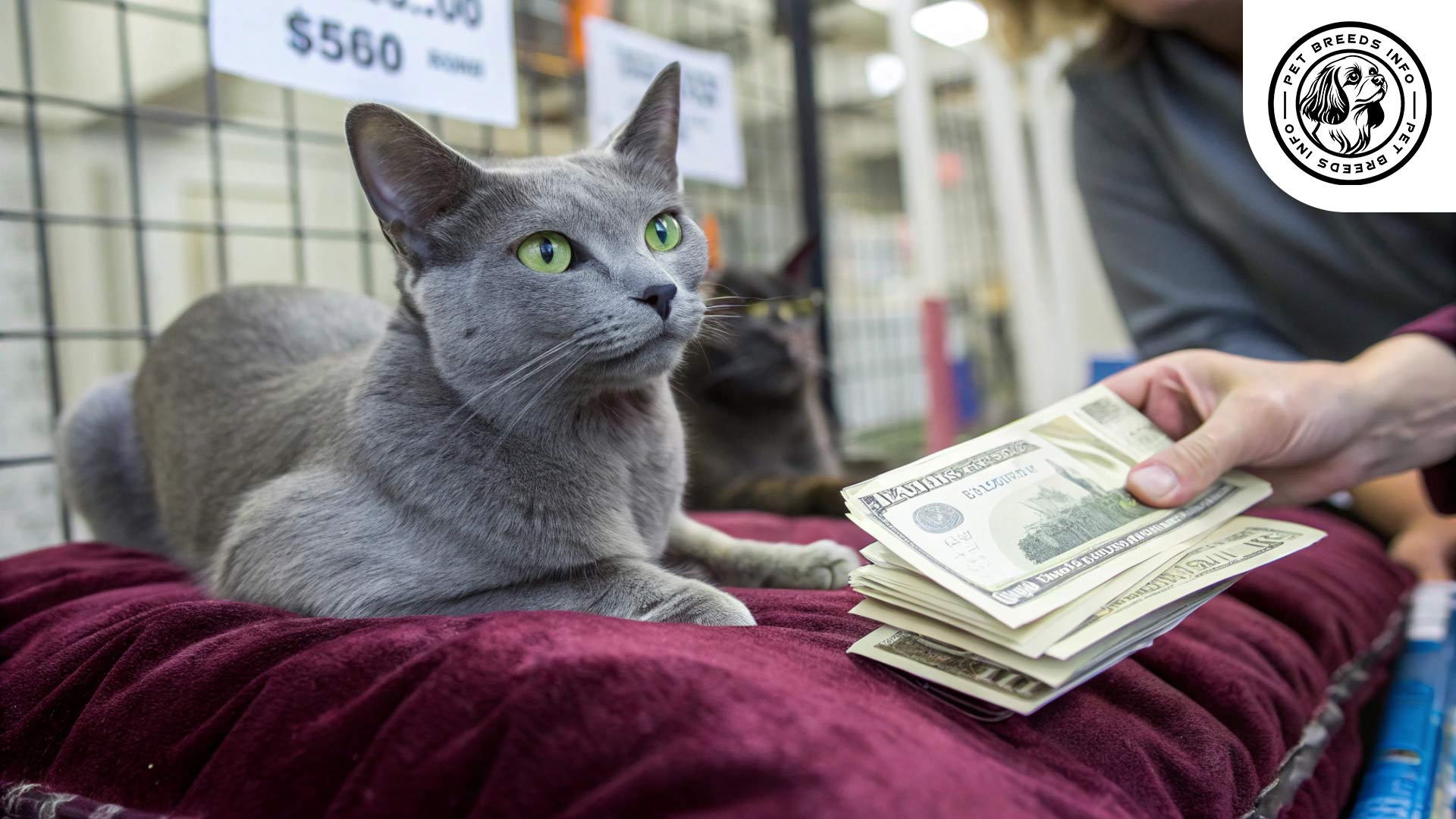
Conclusion and Final Thoughts
The Korat is a unique and affectionate breed that forms strong bonds with its owners, making it an excellent pet for dedicated cat lovers. This breed thrives in a stable home environment with plenty of mental and physical stimulation. Potential owners should consider their need for companionship, moderate energy levels, and sensitivity to environmental changes before bringing one home.
Read More: Havana Brown Cat
FAQ
What is the lifespan of a Korat cat?
Korats typically live 12-15 years, sometimes longer with proper care.
Are Korats good with other pets?
Yes, they can coexist with other pets if introduced gradually, though they may be territorial at first.
What kind of diet do Korats need?
A high-protein diet with quality wet or dry food, avoiding toxic foods like chocolate and onions.
How much exercise does a Korat require?
Korats need daily playtime with interactive toys and access to vertical spaces like cat trees.
Are Korats easy to train?
Yes, their intelligence makes them highly trainable using positive reinforcement techniques.
